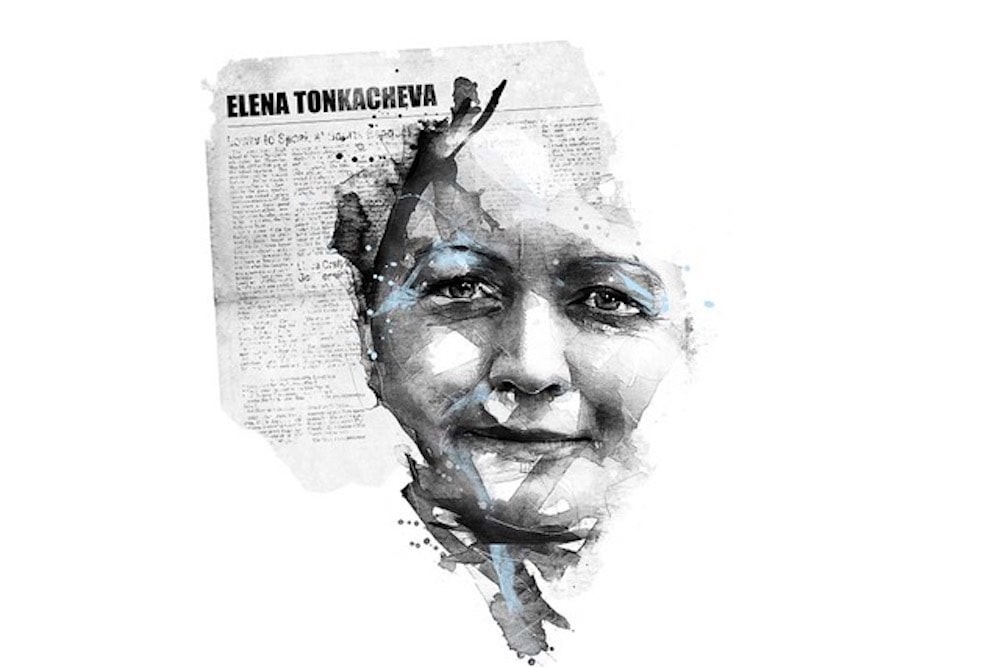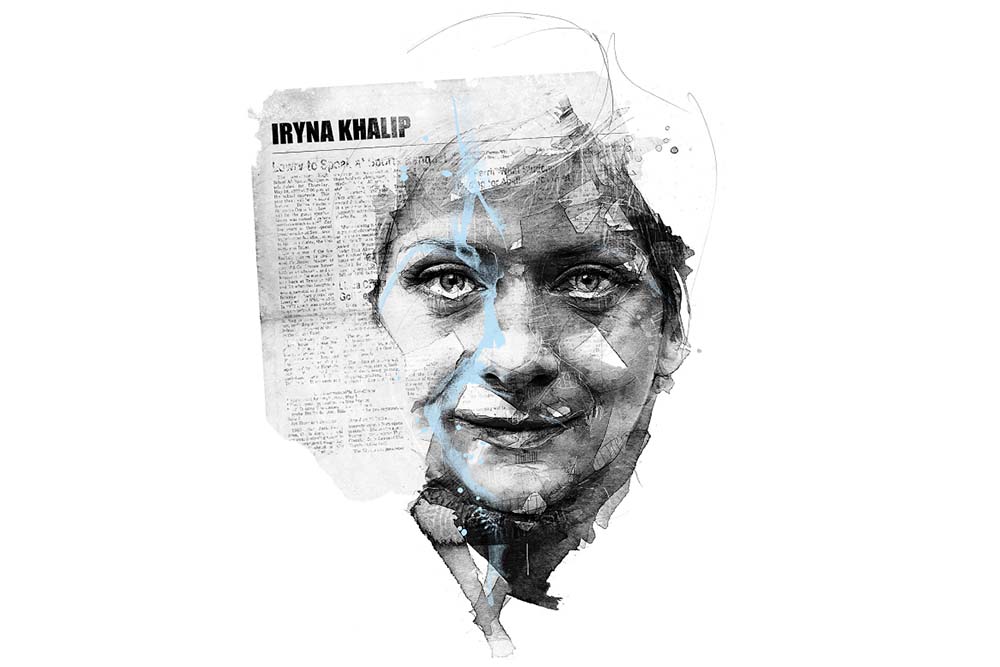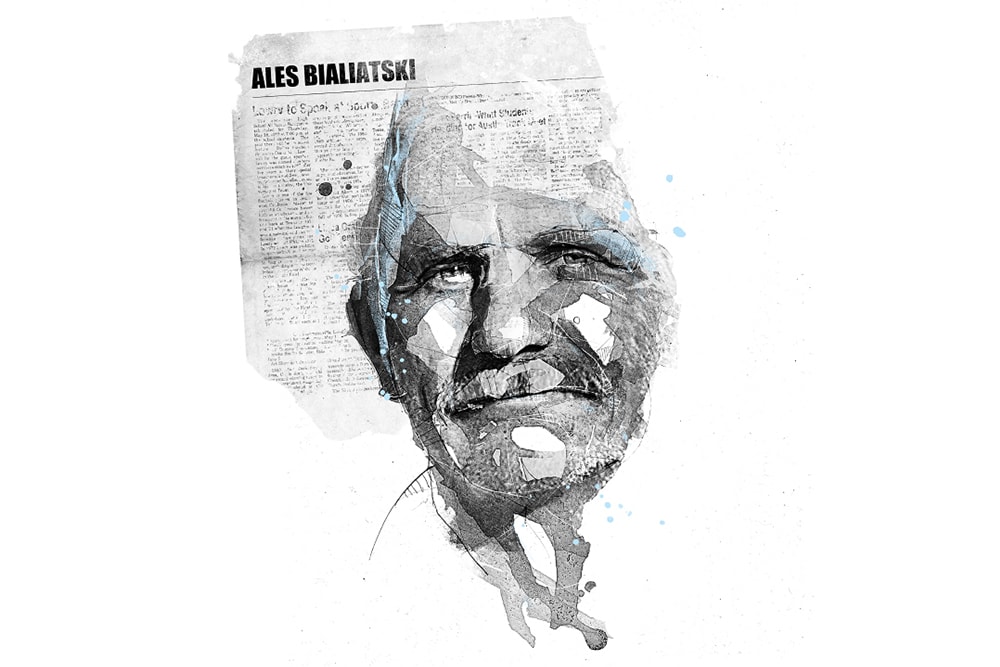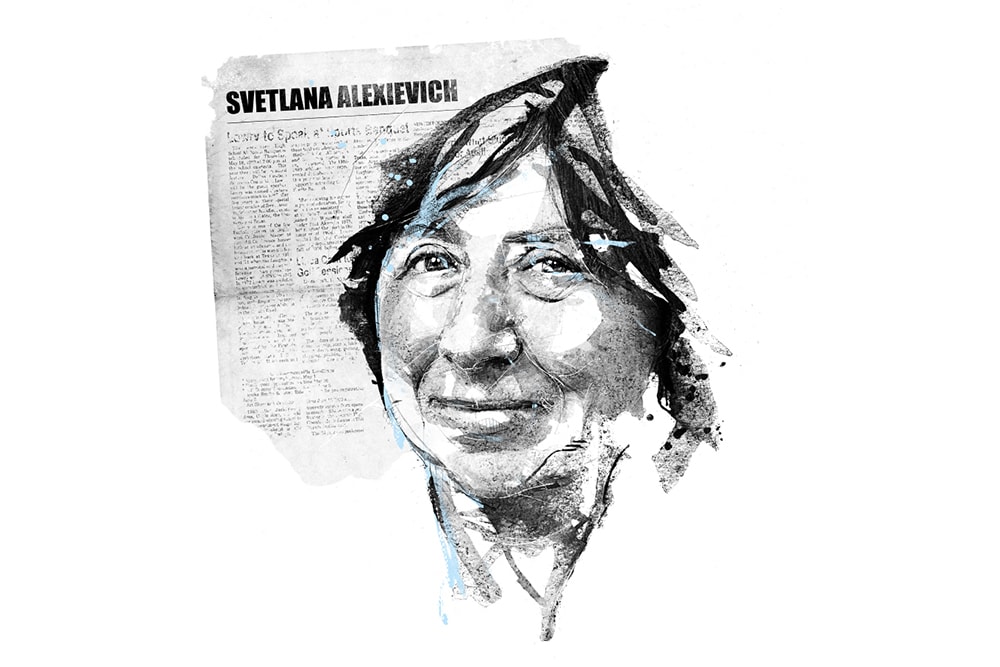In January 2015, one of Belarus's foremost human rights defenders, Elena Tonkacheva, was deported and ordered not to return for three years. Her crime? Minor traffic violations for which she was accused of being a "threat to public order", a decision described as absurd and clearly in retribution for her many years' dogged pursuit of justice for others. Her requests for a reduction in the length of her banning order have been repeatedly turned down.
On 6 March 2015, Miklós Haraszti, UN Special Rapporteur on the human rights situation in Belarus, commented on the deportation of Elena Tonkacheva: "This clearly disproportionate measure has been taken by the Government in retaliation for Ms. Tonkacheva’s human rights work in the country ... [it] constitutes a violation of Belarus's human rights obligations under international law."
In January 2015, one of Belarus’s foremost human rights defenders, Elena Tonkacheva, was deported and ordered not to return for three years. Her crime? Minor traffic violations for which she was accused of being a “threat to public order”, a decision described as absurd and clearly in retribution for her many years’ dogged pursuit of justice for others.
Tonkacheva is a Russian national who had been living in Belarus since 1985. She studied at the Belarusian University Faculty of Law and stayed on to marry and have a family. Putting her legal studies to good use in a country where violations have been acute, she has played a leading role in the Centre for Legal Transformation (LawTrend) where she is now its board Chairperson. Set up in 1996, it researches and campaigns on a wide range of issues including freedom of expression and association, access to fair trial and legal aid. It also provides human rights education and protection programmes.
Unsurprisingly, Tonkacheva has worked under constant government scrutiny, particularly so in December 2010 when she and her team carried out research into the mass arrests and beatings of demonstrators who had taken to the streets in protest at the presidential elections, described by the Organisation for Security and Cooperation in Europe as neither free nor democratic. She was among those interrogated and her home was searched by police. She also monitored the trials of opposition candidates who were arrested during the protests. The Centre published its findings in the book ‘Afterword: Square 2010 Through the Eyes of Human Rights Defenders’ which was distributed to universities and libraries until printing was halted by the authorities and remaining copies taken out of circulation. In April 2011, she was singled out by President Lukashenko who, in a television address, accused her of being a representative of a ‘fifth column’ after she had taken part in a Council of Europe meeting.
On 30 October 2014, Tonkacheva received notice from police that her residency permit, which was not due to expire until 2017, had been cancelled. On 5 November she was told that she was to leave Belarus within a month, and would not be permitted to return for three years. The reason given was that she had been fined on a number of occasions for having exceeded speed limits, offenses that had been registered by speed cameras, and which she disputed. The news was greeted by outrage, and over 7,000 people petitioned the authorities in protest. After a series of appeal hearings, the expulsion order was finalised on 19 February 2015 and two days later she left Belarus.
The Belarus human rights monitor, Viasna, reporting on a hearing on 8 January 2015 describes a packed courtroom where, among other defence statements, two witnesses said that they had been driving the car at the time of the offences. The judge concluded that Tonkacheva had committed at least four traffic offenses while driving, and a fifth while a pedestrian, when she crossed the road outside designated crossings, crimes which constituted a “threat to public order”. At one point an observer was expelled from the room when he laughed out loud.
Speaking to Viasna in January 2015, Tonkacheva vowed that she would come back to Belarus after the three-year expulsion order had elapsed, using her time abroad to develop strategies for her return. She applied three times without success to the Belarusian Ministry of Internal Affairs to have the length of the banning order against her reduced, the most recent in March 2017, and her appeal against that decision was again dismissed in June 2017.
Tonkacheva returned to Belarus in February 2018, following the expiration of her three-year ban.
She continues to work for LawTrend from abroad, attending international conferences and providing commentary on developments in Belarus and other Eastern European countries. Much of the organisation’s work since the August 2020 disputed presidential election in Belarus has focused on the Belarusian authorities’ brutal crackdown on peaceful protest, the independent media and civil society organisations.
Illustration by Florian Nicolle



